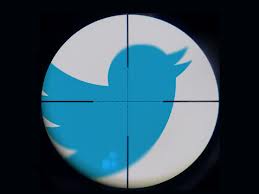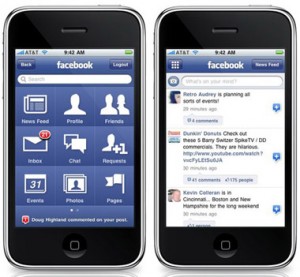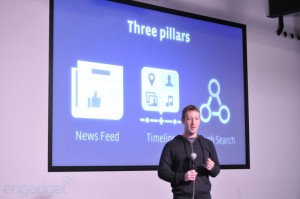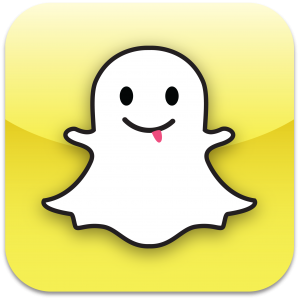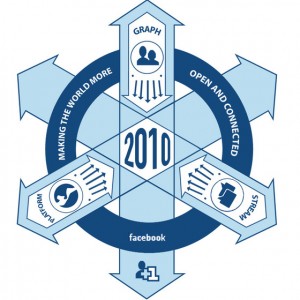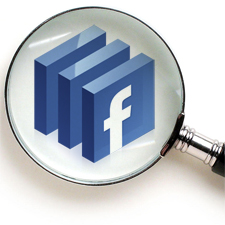Facebook Announces Updated News Feed
In Social Bookmarking, Social Media, Social Media News Brief, Social Networking, Web 2.0 | No commentOn Thursday, 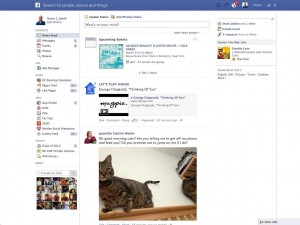
For instance, Facebook users will start out on the ‘front page,’ which includes all of the information typically seen on their News Feed. However, users will easily be able to ‘turn the page’ to other categories, such as a view that only shows close friends, a view that only shows photos, or a view that only shows game-related information. By filtering out the excess posts, Facebook users will be able to easily find whatever information they might be looking for.
In addition to these ‘pages,’ there will also be other design choices made to the new Facebook. Some sources have suggested that this redesign makes the web version of Facebook look a lot more like the exceedingly popular mobile version of Facebook, which is likely due to the focus on simplicity, considering the mobile version of Facebook is also less cluttered, out of necessity. In the new design, photos have been made larger and navigation options have been slimmed down. These changes sound great for most Facebook users, but the fact that users will be able to more easily filter certain posts out may be a hindrance to companies that rely on Facebook for marketing, similar to how DVRs have affected television commercials.
That’s how it looks at first glance, anyway. In actuality, some are reporting that the very reason that Facebook is receiving a redesign in the first place is to effectively include more advertising, allowing more space for ads and more ability to properly personalize those advertisements. Considering how there is often a bit of backlash every time Facebook chooses to redesign their website, followed by eventual acceptance and forgetting what the previous design looked like, one can only wonder how much backlash there might be to a redesign that’s being done particularly to include additional potentially invasive advertisements.


